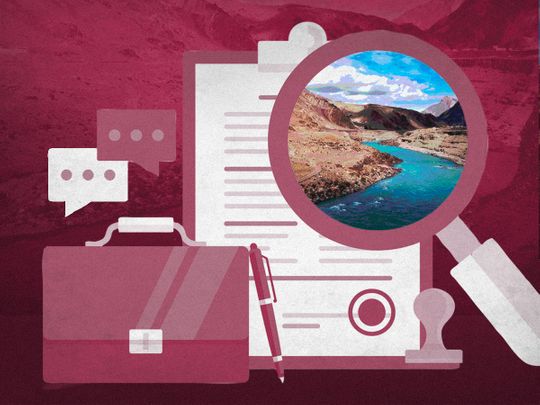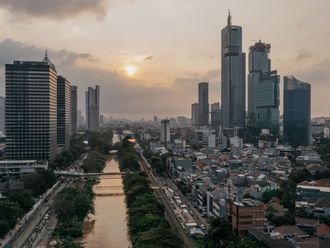
Islamabad: The delegations of Pakistan and India water experts met on Tuesday to discuss water-sharing concerns. The three-day (March 1-3) talks began in Islamabad.
A 10-member delegation, headed by the Indian Commissioner for Indus Waters, reached Pakistan via the Wagah border on Monday to attend the annual Permanent Commission on Indus Waters (PCIW) meeting.
Pakistan’s Commissioner for Indus Waters Mohammed Mehar Ali Shah is leading the Pakistani side while the Indian side is led by Indian Commissioner for Indus Waters Pradeep Kumar Saxena.
During the talks, Pakistan would raise objections over the construction of 10 new hydropower projects - Durbuk Shyok, Nimu Chilling, Kiru, Baltikulan Small, Kargil Hunderman, Phagla, Kulan Ramwari, Mandi, Tamasha and Kalaroos-II.
Pakistan side would also discuss concerns over Indian hydroelectric projects including Pakal Dul (1,000 MW), Lower Kalnai (48 MW) and Kiru (624 MW) in the Chenab basin, which the officials say violate the World Bank-mediated treaty on the sharing of the Indus water. However, Indian officials say that the constriction of new projects is in line with the Indus Water Treaty (IWT).
The two sides would also discuss transboundary sharing and exchange of flood information. During the meeting in Islamabad, the Indian side will explain its position to Pakistan and address Pakistan’s apprehensions “amicably through continued bilateral discussions in the spirit of the treaty,” Pradeep Kumar Saxena told Indian media.
Pakistan’s side had requested India to share information on the design of other Indian hydropower projects being planned to be developed. Indian side assured that the information would be supplied as and when required under the provisions of the treaty, Indian media reported.
The treaty requires the two commissioners to meet at least once a year, alternately in Pakistan and India. The last meeting of the water commission was held in March 2021 in New Delhi.
Indus Waters Treaty between Pakistan and India, brokered by the World Bank and signed in 1960, is considered one of the most successful international treaties that survived wars and continued conflicts.









_resources1_16a3106a819_small.jpg)

